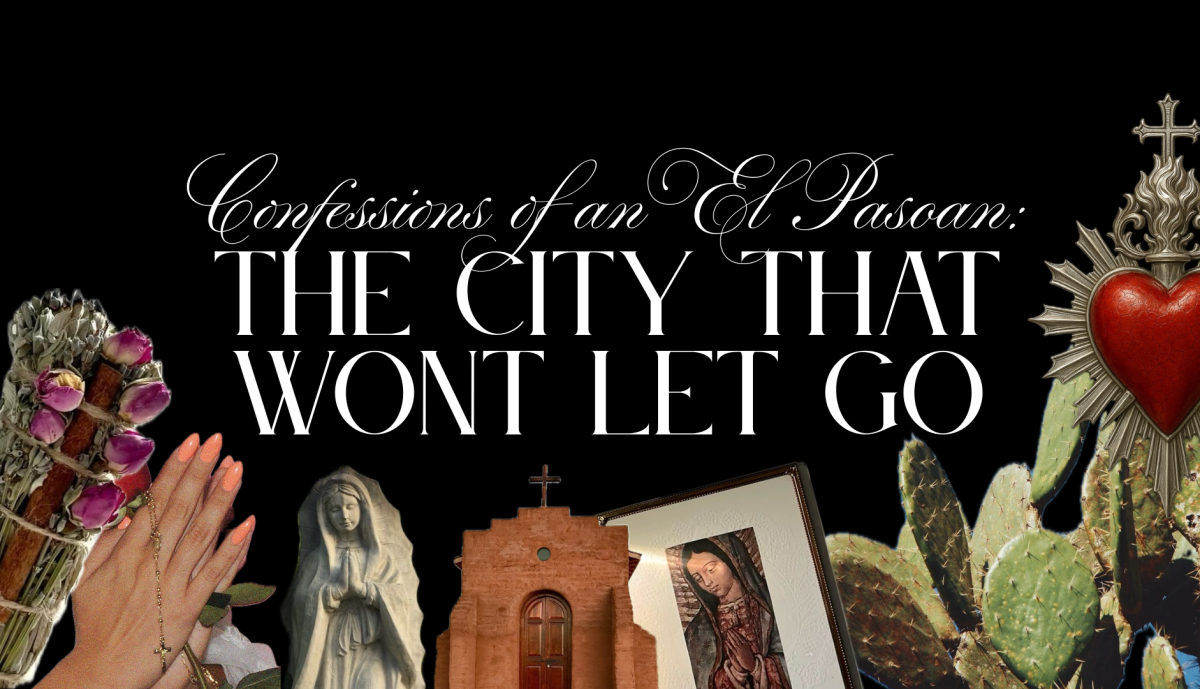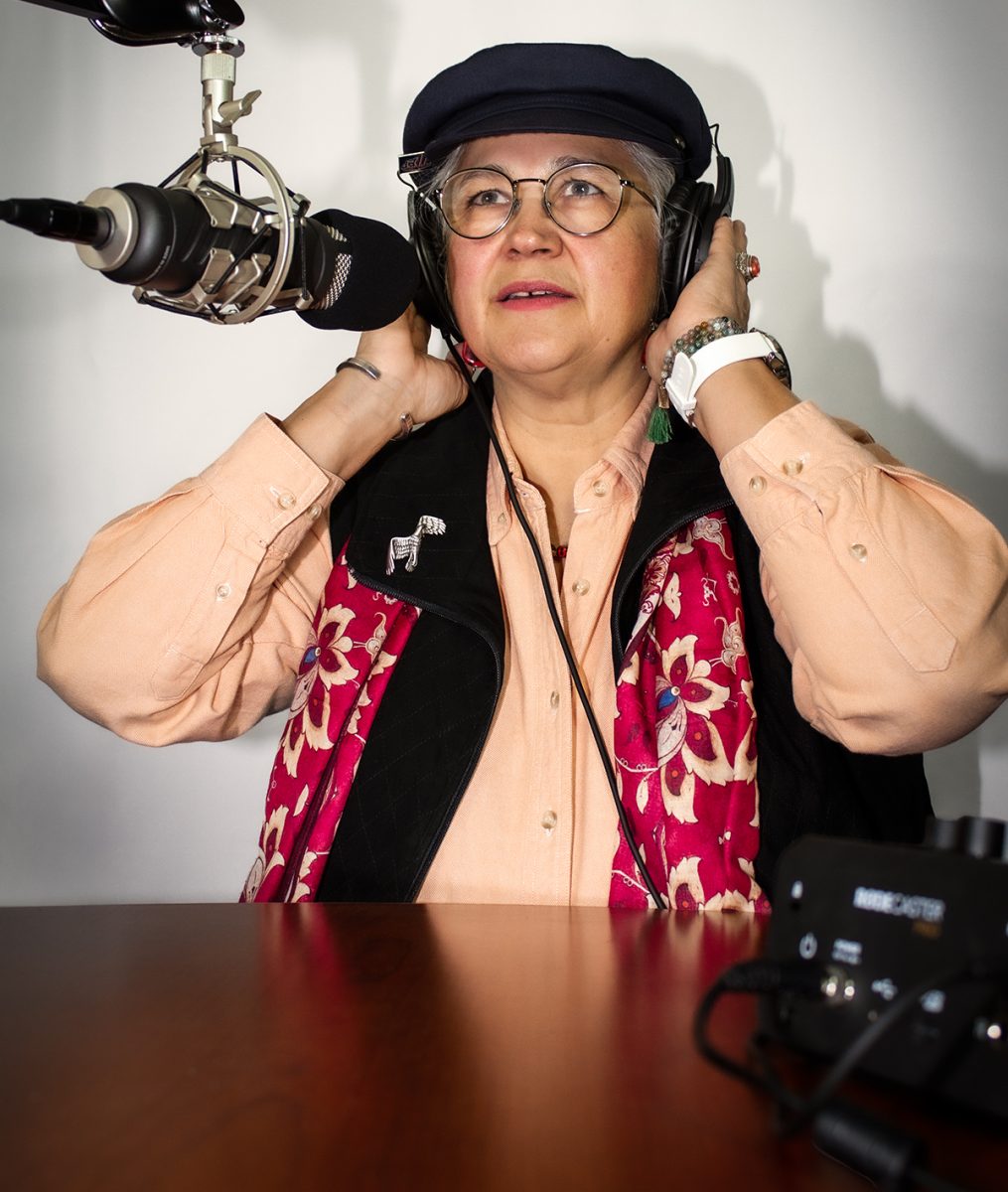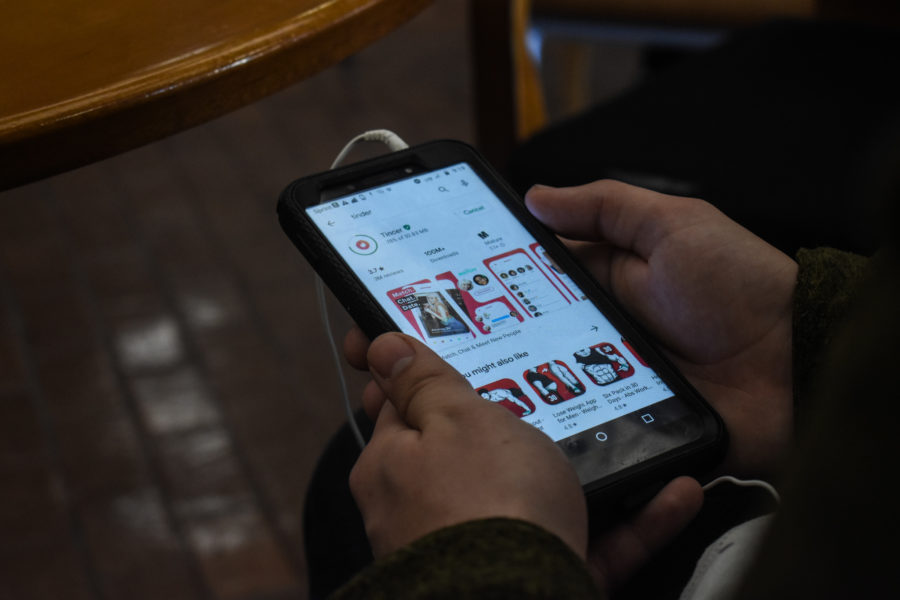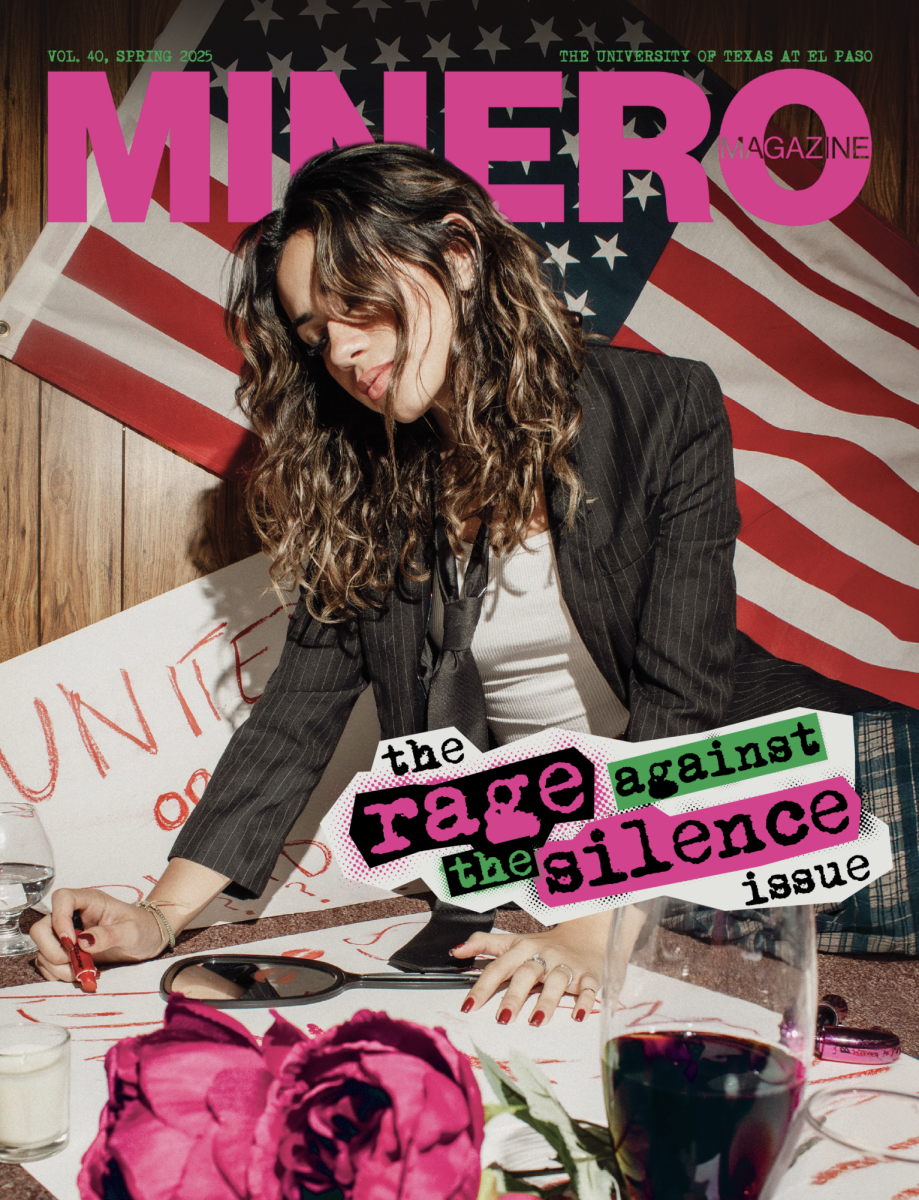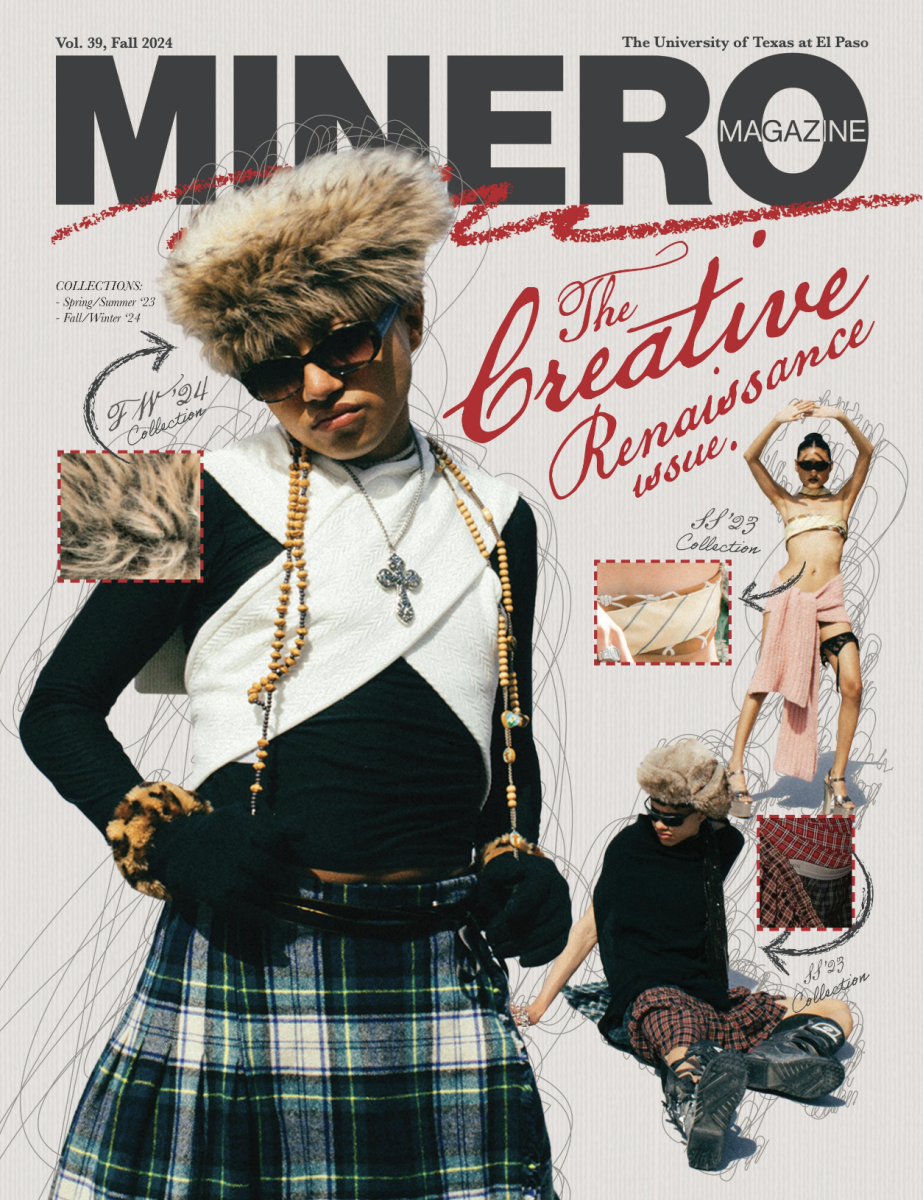UTEP holds only two events for Black History Month
February 28, 2022
Although it is a diverse campus, Black students attending the University of Texas at El Paso (UTEP) sometimes still feel like the lesser minority. In the past, UTEP had made various efforts to promote Black History Month, but this year only two events were held: a panel discussion, held by the Student Engagement and Learning Center about Juneteenth, indirectly related to Black history month, a webinar from Ruqaiijah Yearby, J.D., M.P.H, held by UTEP’s African American studies program and an intersectionality panel expected to be held March 1.
The shortest of all months, February was established Black History Month in 1976 under former President Gerald Ford. Throughout the month of February, the history, struggle and achievements of Black individuals past and present are recognized for their efforts to make change in the world.
Students shared with Minero that they are unaware of UTEP’s efforts to take part in the commemorative month.
A minority within a minority
“Being black in El Paso means sometimes being looked at awkwardly as Spanish speakers try to decipher whether or not I can understand them”, UTEP Senior Samantha Morales said. “I can!”
Morales, who is Black and Latina, though, oftentimes feels that she is treated like she is one or the other and if it’s not about her race or ethnicity, then it’s about why she’s in El Paso.
“Being Black in El Paso means others will ask if I am affiliated with the military,” Morales said.
She’s not.
Whether having just moved here, or being born and raised, El Paso is a city made up predominantly of Latinxs.
According to the 2020 Census for the city of El Paso, White and Hispanic made up the majority of El Paso’s population while Black people only made up 4% in 2020. As of July 2021, El Paso’s Black population has remained the same.
El Paso’s small Black population leads students feeling isolated on campus.“I do have classes where I am the only Black student,” Devin Horsley, a student at UTEP said.
Though there are a variety of Black clubs, organizations, classes, fraternities and sororities on campus like the Black Student Union (BSU), African Student Organization (ASO) and the Alpha Kappa Alpha Sorority Inc. (AKA), students still feel that they’re not well known or are inadvertantly hidden from the student community.
“I feel that more can be done,” Horsley said. “I try to speak up when it may be a topic that I am more familiar with and give my personal perspective on how it is for me as a Black student.”
“More can definitely be done to celebrate Black History Month on campus,” Morales said. “Black organizations on campus can help educate people on what Black history consists of.”
Story by Brianne Williams








